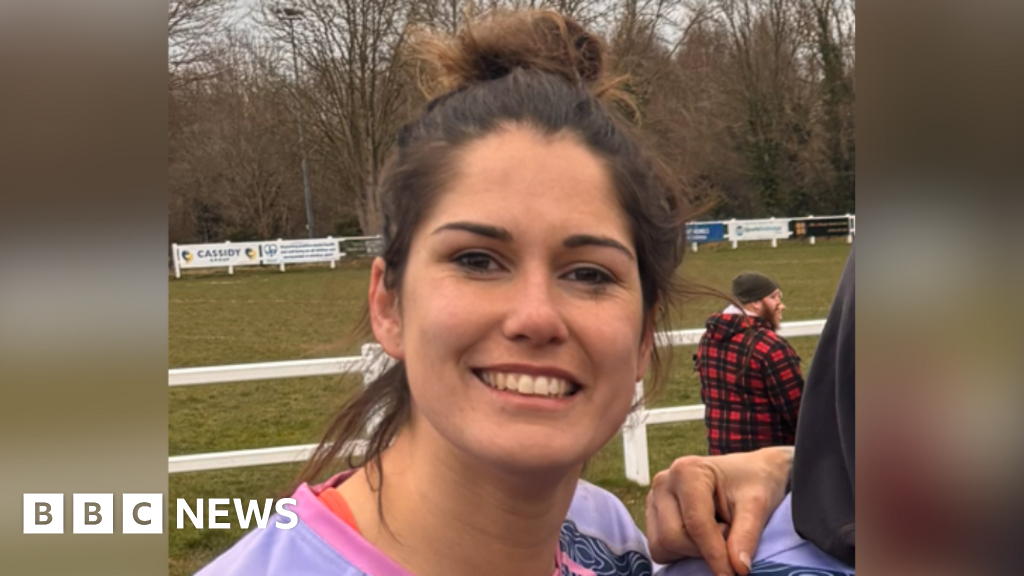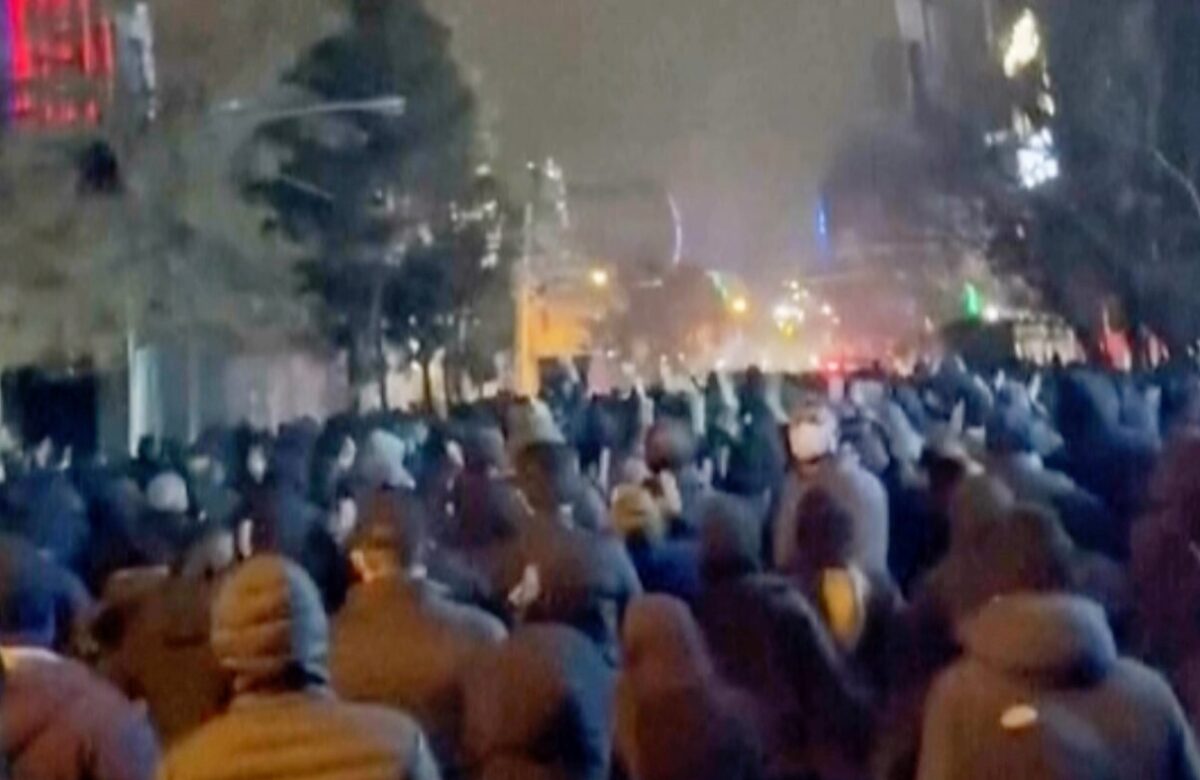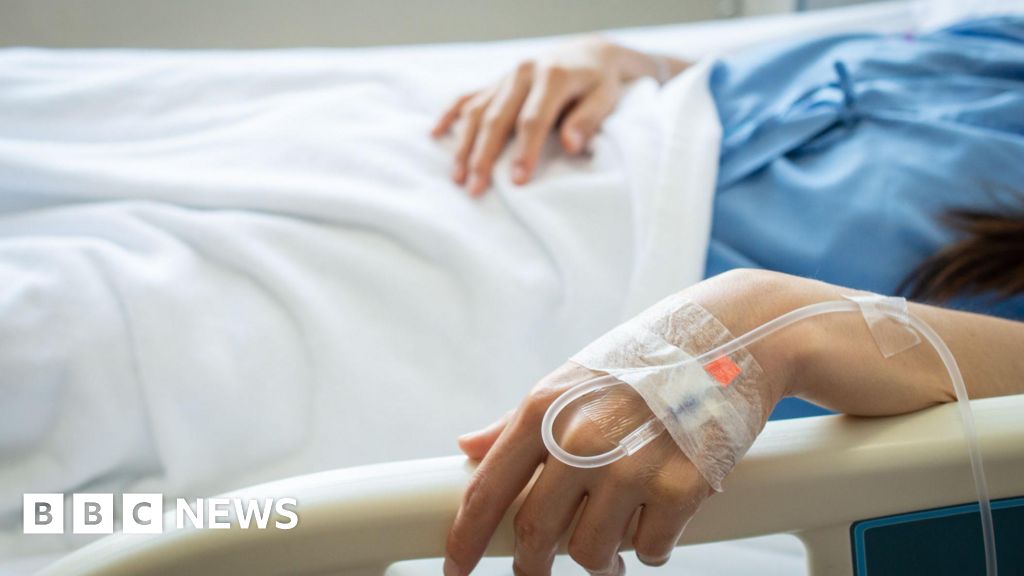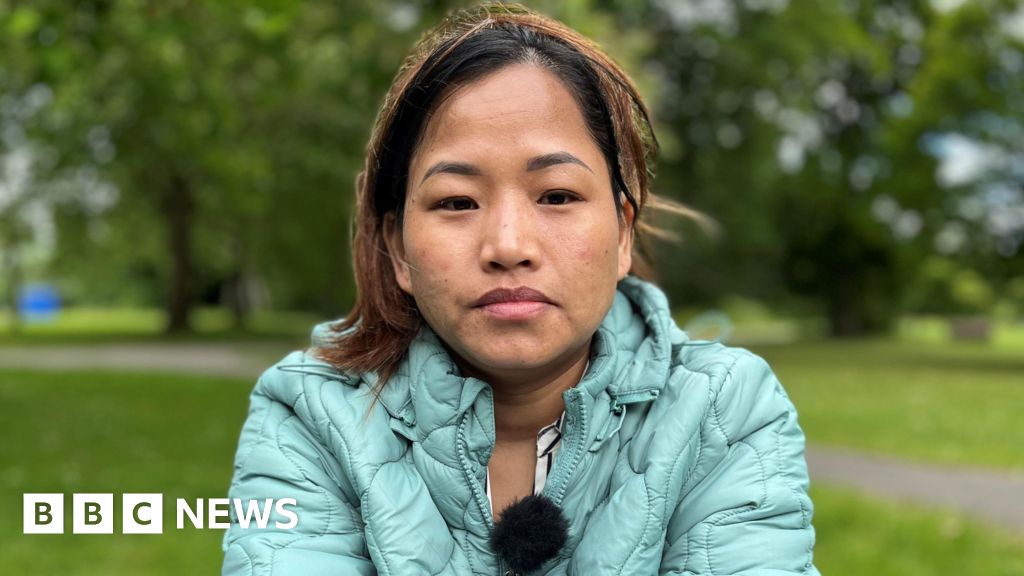
Mum held in police cell after birthmark mistake
- Health
- July 14, 2024
- No Comment
- 308
By Sophia Seth, BBC News
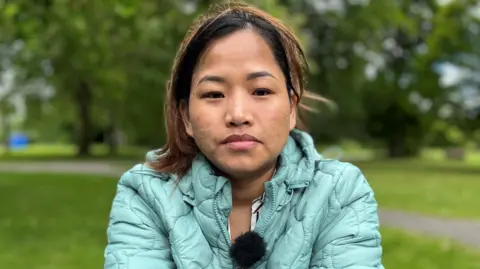 BBC
BBCThe mother of a six-month-old baby said she was treated “like a criminal” after her son’s birthmarks were mistaken for bruising.
Laxmi Thapa’s son was born with blue spot – blue-grey markings common on babies with brown or black skin.
After being referred to hospital in Basingstoke she was arrested when medical staff and police followed procedures for suspected child abuse.
Campaigners have called for better awareness of the condition and said misdiagnosis can be “devastating” for wrongly accused families.
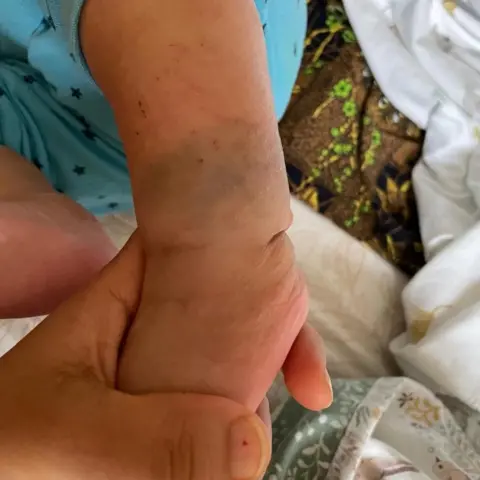 Laxmi Thapa
Laxmi ThapaMs Thapa, a Nepalese national living in Basingstoke, had taken her baby to her GP in May after becoming concerned that the blue spot markings had become darker and he had developed new ones.
Her son’s existing blue spot – sometimes known as Mongolian blue spot – on several parts of his body had been noted in his medical records, following his birth in November.
Ms Thapa was referred to Basingstoke and North Hampshire Hospital where she was arrested by police on suspicion of actual bodily harm assault and neglect of her baby.
The 29-year-old, who was breastfeeding at the time, spent 20 hours in a cell at Basingstoke Police Station until being released pending a medical report.
“It was hard for me,” she said.
“I have never been separated from my baby since his birth.
“At that time I was like a criminal. I stayed overnight in a cell like a criminal.
“Without medical proof, they put me in custody.”
Her baby was looked after by the hospital while she was detained and she was permitted to express milk to allow him to be fed.
After her release, a social services home visit determined her son was not in danger.
A series of scans later showed no skeletal injuries and a dermatologist determined the markings were blue spot and not bruises. Police confirmed no assault had taken place.
Faye Wheeler, founder of Blue Spot Campaign, said said she receives regular reports of misdiagnosis of the birthmarks, which she said can appear after the a child is born.
She said: “There is a lot of devastation from families and this leads to mistrust with working with health professionals.
“There seems to be a lot of suspicion around blue spot. I feel there is a lack of education, there is a lack of training.”
Hampshire Hospitals NHS Foundation Trust said it could not comment on individual cases, but said staff “will have followed guidelines”.
“Safeguarding babies and children will always take priority,” it said.
“Differentiating between suspected bruising and Mongolian blue spot is complex, and protocols have to be followed.”

Det Ch Insp Gemma Anacora, from Hampshire Constabulary, said police automatically become involved when a case was referred as a child safeguarding issue.
She said: “I do sympathise, it must be a very difficult situation, however we do follow procedures, so her arrest was necessary for us to obtain evidence by questioning and to safeguard the child through bail conditions.”
Independent child protection researcher Dr Bernard Gallagher, from the University of Huddersfield, said it was an “appropriate expectation” for agencies to intervene when child abuse was suspected.
“Sometimes they make mistakes and maybe they are acting too drastically or too quickly, but it’s a very difficult balance to strike,” he said.
Ms Thapa said she had received a verbal apology from a doctor at the hospital.
She is working with local campaign group Basingstoke Unites Against Racism on an official complaint.
In a statement it said: “We are committed to addressing all concerns within the BAME community. This includes collaborating with external organisations, as we did in this case, to ensure comprehensive support.”
Ms Thapa said: “I am going through this situation that was unacceptable and I don’t want others to,” she said.
“I don’t want anyone to be separated from their baby like I was.”
What is Blue spot?
- Marks that look blue-grey on the skin, like a bruise
- Often found from birth on the lower back, bottom, arms or legs
- Most common on babies with brown or black skin
- They do not need treating and will usually go away by the age of four
- The marks are not a sign of a health condition
Source: NHS
#Mum #held #police #cell #birthmark #mistake



